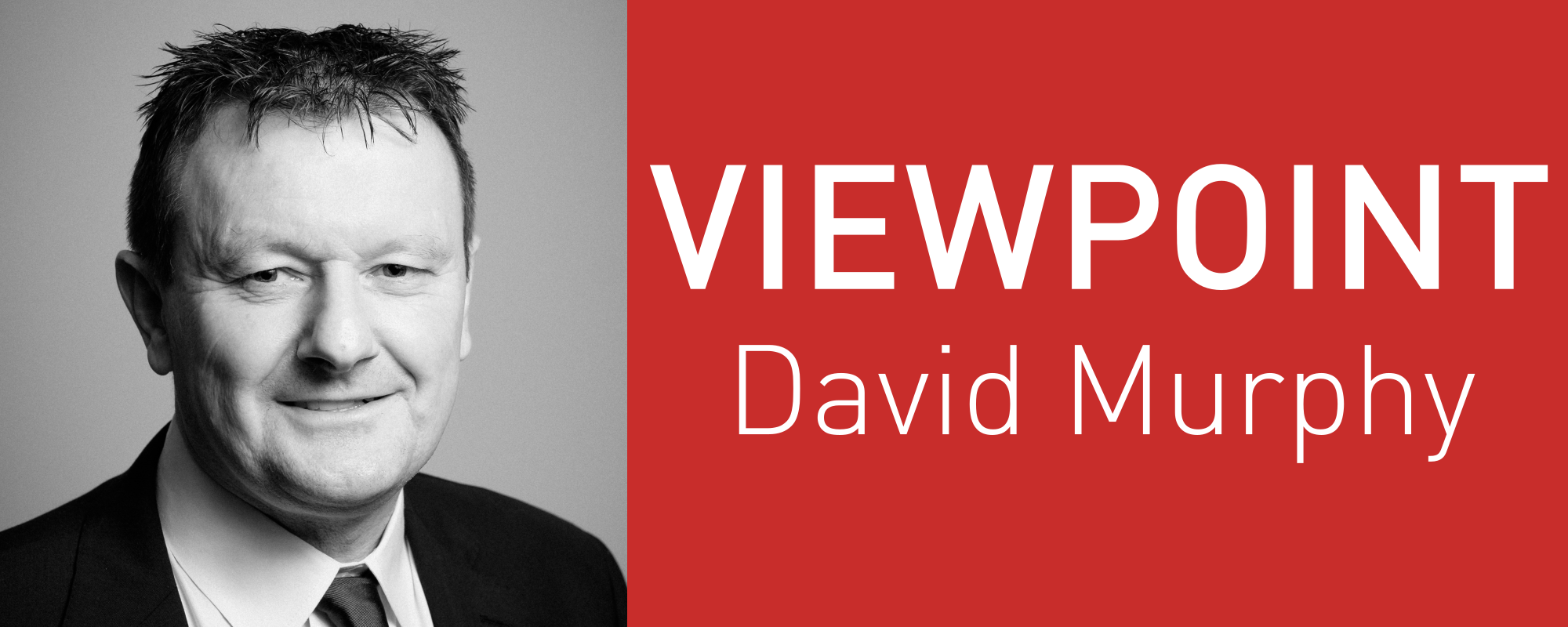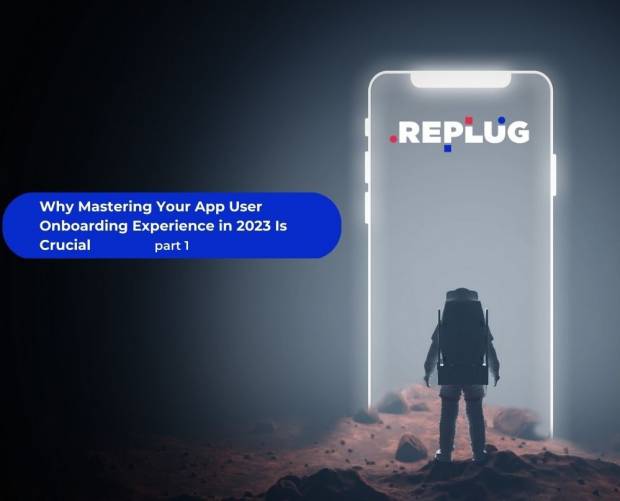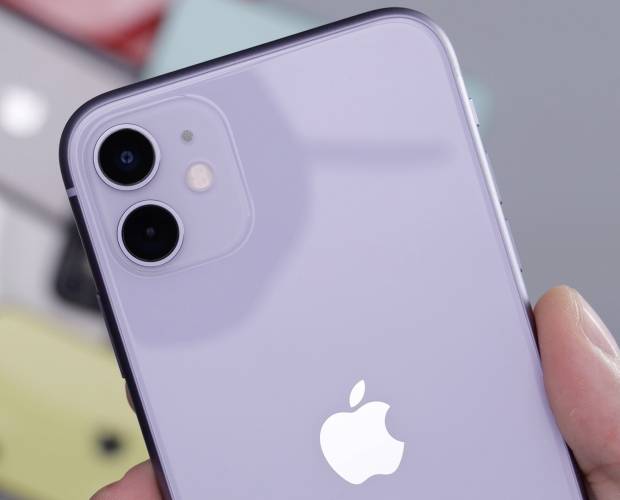Viewpoint: Testing times for publishers on Facebook
- Wednesday, October 25th, 2017
- Share this article:

The publishing community may be feeling somewhat uneasy right now after Facebook launched a trial in six countries which saw all publisher content relegated to a second news feed called Explore, with the primary news feed reserved for posts from users’ friends, and promoted posts.
In most countries, the Explore tab will act as a companion to the News Feed, but in the six test countries, the two feeds are more-or-less completely separate entities, so any publisher content in those countries risks being buried in a secondary news feed that most users may never bother to click through to.
There is an alternative, of course – they can pay to promote their content in the primary news feed. But for many smaller publishers who rely on organic and viral sharing of their content on Facebook to drive traffic to their sites, this is a line item they have not budgeted for.
As reported yesterday, the feature is being trialled in Slovakia, Sri Lanka, Serbia, Bolivia, Guatemala, and Cambodia, and was first brought to light by Slovakian journalist Filip Struhárik, who noted that since the change was made, the publication he works for, Dennik N, had seen its biggest drop ever in organic reach on Facebook. Moreover, the 60 biggest Slovak media pages saw four times fewer interactions after the introduction of the feature.
Since news of the trial emerged, Facebook has publicly stated that it is nothing more than that, with head of news feed Adam Mosseri writing in a blog post: “Some have interpreted this test as a future product we plan to deliver globally. We currently have no plans to roll this test out further.”
Separate places
Mosseri continues: “The goal of this test is to understand if people prefer to have separate places for personal and public content. We will hear what people say about the experience to understand if it’s an idea worth pursuing any further. There is no current plan to roll this out beyond these test countries or to charge pages on Facebook to pay for all their distribution in News Feed or Explore. Unfortunately, some have mistakenly made that interpretation — but that was not our intention.”
What surprises me about the reaction to the test is the surprise. Changes Facebook has made to its News Feed algorithm have been favouring posts from people, as opposed to companies, since 2014. In June 2016, when the algorithm was refined further “to help make sure you don’t miss stories from your friends” Facebook engineering director Lars Backstrom wrote: “Overall, we anticipate that this update may cause reach and referral traffic to decline for some Pages.” That should come as no surprise given that, as of April 2016, according to analytics firm Parse.ly, Facebook accounted for 41.4 per cent of all referral traffic to publisher websites, more even than Google, at 39.5 per cent.
Mutual respect
Looking beyond the Explore test, you dont really get any sense of mutual respect and admiration between Facebook and the publishers on its Instant Articles platform. The Guardian, in fact, withdrew from Instant Articles back in April, while in November 2016, Telegraph Media Group commercial product director Paul de la Nougerede voiced his frustration at the amount of money the publisher was generating via Instant Articles. Speaking as part of a panel debate at an industry event, he said: “You do need to be on these platforms, but the monetisation challenge is the bit we all need to crack. We produce fantastic content that Facebook does not have, and they wanted that content on their platform. The commercial terms were pretty rubbish at the start. They have got better, but they are still nowhere near good enough.”
The fact is, as Antonio Garcia Martinez notes in his excellent book, Chaos Monkeys, “Facebook has been so successful, it’s actually running out of humans on the planet.” As Martinez sees it, this is the real, slightly less philanthropic raison detre of Facebooks Internet.org project. Yes, its about bringing free internet connectivity to places like India and Africa, but one of the main reasons for doing so, Martinez argues, is so that people in these countries can get on Facebook so that: “in time, monetization will follow usage, as it always does.”
In the never-ending quest for growth, Facebook’s other option is to continue to monetise its existing users, and one obvious way it can try to do this is to make content suppliers pay to surface content to them that they have previously been able to surface organically for free. How far Facebook is willing to push this is a moot point. For the moment, it would appear publishers – other than those in Slovakia, Sri Lanka, Serbia, Bolivia, Guatemala, and Cambodia – can rest easy, since, as Mosseri says, the company has no plans to charge pages on Facebook to pay for all their distribution in News Feed or Explore. Currently.
Join us at the 2017 Effective Mobile Marketing Awards Ceremony, taking place in London on Thursday 16 November, to mix with the industrys best and brightest, and raise a glass to the years best campaigns and solutions. To find out more, and to book your place, click here.
















